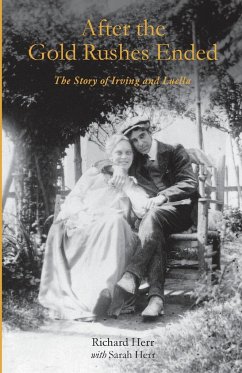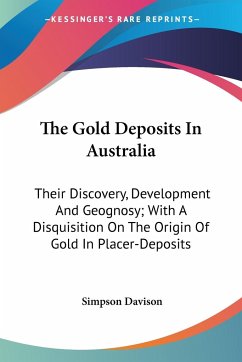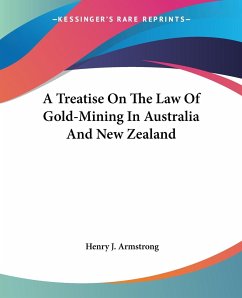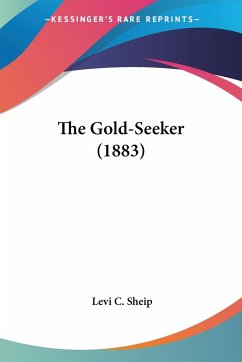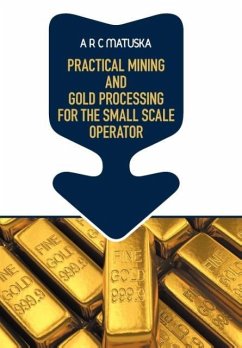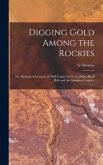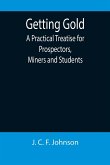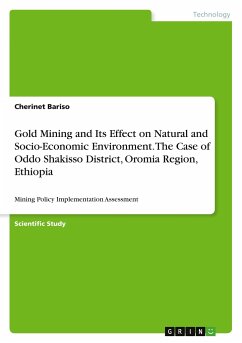The history of the California and Alaska gold rushes is well known. Less well known is the nature of the mining industry in the American West, Mexico, and Central America in the following decades. This book follows the lives of Irving Herr and his wife Luella Winship to provide a picture of the world of mining in the early twentieth century. Irving was a mining engineer whose jobs between 1901 and 1912 took him to California, Nevada, Costa Rica, Nicaragua, and above all to Mexico, where he was superintendent of the Cubo silver mine near Guanajuato. Luella, a graduate of Mount Holyoke College (1903) and daughter of A. E. Winship, a well-known educational reformer, kept diaries and wrote lengthy letters to her family. Irving, son of the editor of an Oak Park newspaper and graduate of the Harvard Lawrence Scientific School (1901), preserved records of his work and wrote letters to Luella when they were separated. From their lively letters they become appealing personalities facing trying experiences. Beyond their personal story, their account reveals the day-to-day activity of mining, the technical challenges facing an engineer, and the roles of the various other people engaged in the industry. The book begins with their youth, their college years and courtship, depicting two young lives at the turn of the twentieth century. The next eight years after their marriage in 1904 were spent looking for a permanent position for Irving. Their moves took them first to the foreign community in Guanajuato, Mexico and to the Cubo silver mine nearby, where Irving rose to be superintendent. When a change in ownership led to his demotion, his search for a suitable position left them moving repeatedly. Their experiences expose the precariousness of a career as a mining engineer. Men who had capital to invest bought a mine on speculation and hired an engineer to develop it. If the mine proved to be a dud, the engineer was out of a job. Irving was posted to Costa Rica on behalf of William Wallace, president of the Marine Insurance Company of Boston, and to Stent, California, for H. G. Selfridge of the London department store. Central to Irving's moves was H. L. Hollis, a consulting engineer who advised investors and hired engineers to run the mines. In 1910 the Cubo mine was purchased by Bertha Palmer, widow of magnate Potter Palmer, and Hollis chose Irving to direct it. After years of insecurity, Irving and Luella returned to Cubo for much of the next two decades.
Hinweis: Dieser Artikel kann nur an eine deutsche Lieferadresse ausgeliefert werden.
Hinweis: Dieser Artikel kann nur an eine deutsche Lieferadresse ausgeliefert werden.

